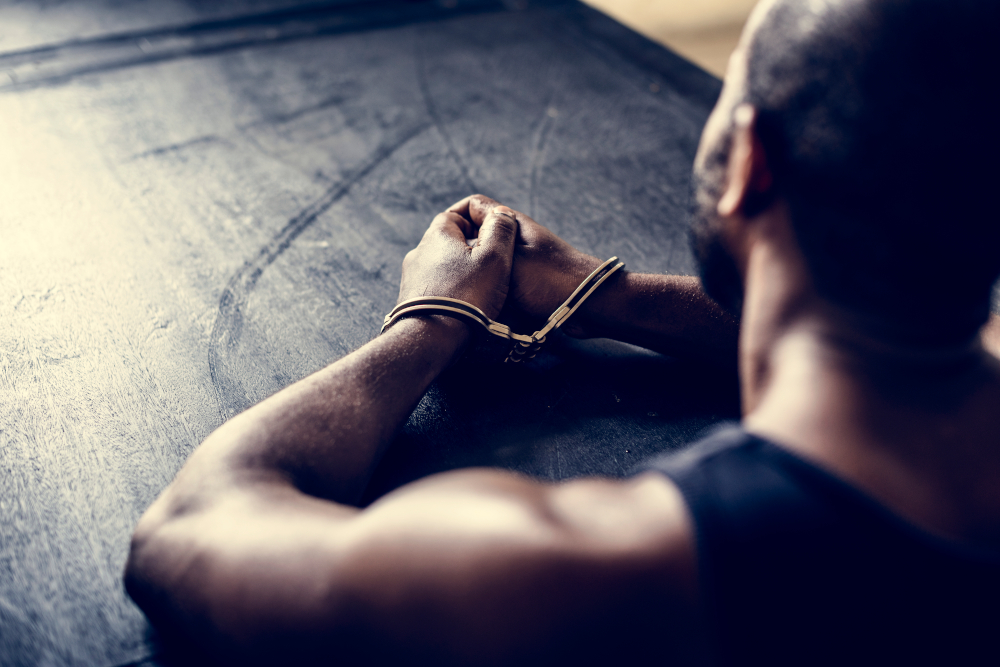
Our First Influencers, Before TikTok, There Was Tea and Taboos
Before TikTok dances and Instagram filters, before hashtags could turn strangers into celebrities, we had something else. We had grandparents. We had front porches and kitchen chairs, slow afternoons, and stories told over cups of tea. No ring lights. No algorithms. Just authority carved from age, silence, and that one look they gave you that could stop your whole personality mid-sentence. They didn’t ask for followers. They didn’t need validation. And yet they shaped everything, the way we sat, the way we spoke, the words we used and the ones we weren’t allowed to. They were the original gatekeepers of style, of shame, of wisdom, of warning. And in their own way, they were the blueprint for what influence looked like before the world got obsessed with being seen.
They didn’t announce their opinions. They slid them into conversation like seasoning. Subtle. Quiet. Strategic. You’d be mid-bite into a sandwich when the words landed, “A lady doesn’t eat standing up.” Suddenly you’re sitting. Not because they shouted. Because they knew how to rearrange your entire framework with one sentence.
It wasn’t just rules, it was rhythm. They knew how to stretch a moment. They knew when to speak and when to let the silence breathe. And they weren’t in a rush to overshare. If anything, they kept the good stuff close to the chest. The family gossip didn’t come in a rant or a thread, it came in code, delivered between sips of tea and strategically timed pauses. You had to earn the details.
And let’s be honest, they were messy, in the best way. Your gran might have prayed five times a day, but she also knew exactly which uncle was drinking again. Your grandfather might have led church choir on Sunday, but you know he had a nickname for every person in the neighbourhood and none of them were flattering. Theirs was an influence of contradiction, a living, breathing testimony to the fact that people can be both holy and hilarious, wise and wildly petty.
They taught us how to listen. Really listen. Not scroll. Not skim. Sit down. Be still. Pay attention. Whether it was a lesson about saving money, “You don’t eat your money, you make it work for you”, or something more abstract, “When the dog cries at night, someone is coming or someone is going”, their wisdom came layered. You didn’t always understand it immediately. Sometimes you had to grow into the meaning.
And of course, there were the taboos. The things we didn’t talk about. The rules that weren’t written but hung heavy in the air. You didn’t ask why that cousin had a different surname. You didn’t ask why some family members only showed up once a year. You didn’t speak during the 7 o’clock news. You didn’t whistle at night. You didn’t cut your nails on a Sunday. You just knew. And if you forgot, there was always that sharp inhale and stare to remind you.
 It’s funny how much of it stuck. The phrases they used slip out of our mouths now, sometimes without us realizing. The habits we laughed at have become our default setting. You find yourself folding plastic bags to reuse. You start carrying tissue in your bag, “just in case.” You clean while angry. You bless the rain when it arrives. You make tea when someone cries. You don’t even think about it. It’s programmed. Passed down.
It’s funny how much of it stuck. The phrases they used slip out of our mouths now, sometimes without us realizing. The habits we laughed at have become our default setting. You find yourself folding plastic bags to reuse. You start carrying tissue in your bag, “just in case.” You clean while angry. You bless the rain when it arrives. You make tea when someone cries. You don’t even think about it. It’s programmed. Passed down.
They weren’t perfect. Many of them came from hard times, from systems that taught them to be suspicious, quiet, obedient. They didn’t always have the tools to talk about emotions, or trauma, or mental health. Sometimes, their silence was heavy. Sometimes, their rules were rooted in fear. But even in that, even in what they couldn’t say, they taught us something, how to survive.
Because long before content creation was a career path, our grandparents were teaching us about audience. About tone. About performance. How to speak so people listen. How to dress for a wedding, a funeral, a Sunday service. How to show up. How to protect your name and what that name means when you’re not in the room. How to know when a room isn’t for you, and how to carry yourself anyway.
In many ways, they were our first audience, too. The ones we tried to impress, to win over, to convince. “Look, Gogo, I passed.” “Look, Tata, I made the team.” And even when they didn’t say it directly, even when their version of praise was a nod and a “Hmm”, you knew. You felt seen.
So maybe it makes sense that in a world obsessed with followers and likes, so many of us still crave that kind of presence. Not the broadcasted kind. The real kind. The kind you get when someone watches you without judgment, just paying quiet attention, just being there.
That kind of influence doesn’t fade. It doesn’t age out of the algorithm.
It sits with you when you’re deciding whether to speak or stay silent. When you’re tempted to clap back. When you’re about to give up. Their voices still echo, steady, unsentimental, specific.
“Keep your dignity.”
“Don’t rush your words.”
“Not everything that shines is for you.”
They didn’t go viral. They went deep. And in a world moving faster than most of us can breathe, that kind of influence still matters.
Maybe even more than ever.




